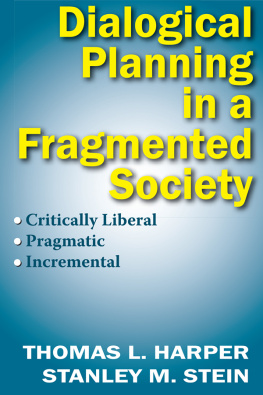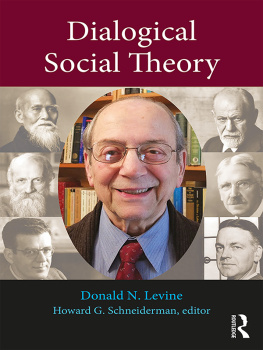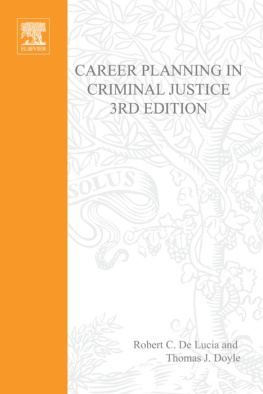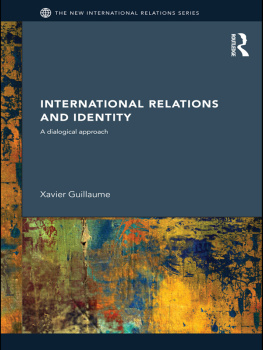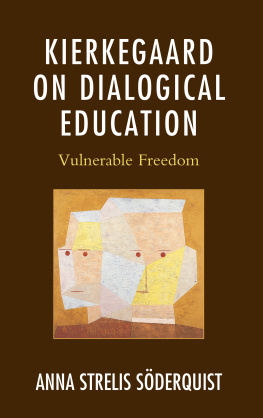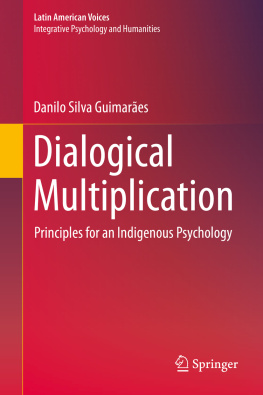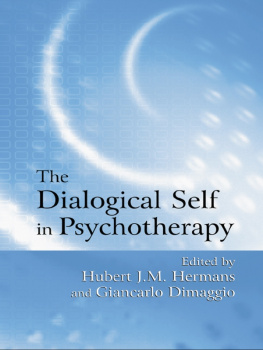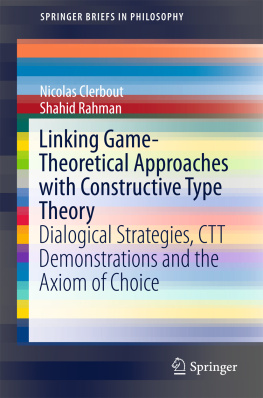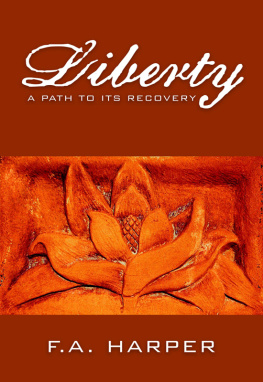Thomas L. Harper - Dialogical Planning in a Fragmented Society
Here you can read online Thomas L. Harper - Dialogical Planning in a Fragmented Society full text of the book (entire story) in english for free. Download pdf and epub, get meaning, cover and reviews about this ebook. year: 2005, publisher: Transaction Publishers, genre: Politics. Description of the work, (preface) as well as reviews are available. Best literature library LitArk.com created for fans of good reading and offers a wide selection of genres:
Romance novel
Science fiction
Adventure
Detective
Science
History
Home and family
Prose
Art
Politics
Computer
Non-fiction
Religion
Business
Children
Humor
Choose a favorite category and find really read worthwhile books. Enjoy immersion in the world of imagination, feel the emotions of the characters or learn something new for yourself, make an fascinating discovery.
- Book:Dialogical Planning in a Fragmented Society
- Author:
- Publisher:Transaction Publishers
- Genre:
- Year:2005
- Rating:4 / 5
- Favourites:Add to favourites
- Your mark:
- 80
- 1
- 2
- 3
- 4
- 5
Dialogical Planning in a Fragmented Society: summary, description and annotation
We offer to read an annotation, description, summary or preface (depends on what the author of the book "Dialogical Planning in a Fragmented Society" wrote himself). If you haven't found the necessary information about the book — write in the comments, we will try to find it.
Dialogical Planning in a Fragmented Society — read online for free the complete book (whole text) full work
Below is the text of the book, divided by pages. System saving the place of the last page read, allows you to conveniently read the book "Dialogical Planning in a Fragmented Society" online for free, without having to search again every time where you left off. Put a bookmark, and you can go to the page where you finished reading at any time.
Font size:
Interval:
Bookmark:
Pragmatic
Incremental

2 Park Square, Milton Park, Abingdon, Oxon OX14 4RN
711 Third Avenue, New York, NY 10017, USA
Product or corporate names may be trademarks or registered trademarks, and are used only for identification and explanation without intent to infringe.
Dialogical planning in a fragmented society : critically liberal, pragmatic, incremental / Thomas L. Harper and Stanley M. Stein
p. cm.
Originally published: c2006.
1. City planning--Philosophy. I. Stein, Stanley M. II. Title.
307.121601--dc23
Planning Should Give Up The Modernist Paradigm
The Crisis in Modernist Planning
Modernistic (Rational) Planning
Planning Should Be Pragmatic
Two Responses to Modernism: Postmodernism or Neopragmatism
Out of the Postmodern Abyss: Postmodernist Themes
Planning Should Be Critically Liberal
Classical Liberalism and Planning
A Critical Liberal Perspective
Pragmatic Incrementalist Planning
Planning Should Recognize An Emerging Way
A Dialogical Planning Approach
A Dialogical Planning Approach: Critiques and Questions
Dialogical Planning in Practice
Planning Should Avoid Modernist and Postmodernist Traps
The Search for Clear Categories and Universal Principles
The Radical Paradigm Shift
The Multicultural Trap (Relativism)
The Rejection of Theory
Power, Trust, and Planning
Conclusion: Key Strengths of Dialogical Planning
Font size:
Interval:
Bookmark:
Similar books «Dialogical Planning in a Fragmented Society»
Look at similar books to Dialogical Planning in a Fragmented Society. We have selected literature similar in name and meaning in the hope of providing readers with more options to find new, interesting, not yet read works.
Discussion, reviews of the book Dialogical Planning in a Fragmented Society and just readers' own opinions. Leave your comments, write what you think about the work, its meaning or the main characters. Specify what exactly you liked and what you didn't like, and why you think so.

